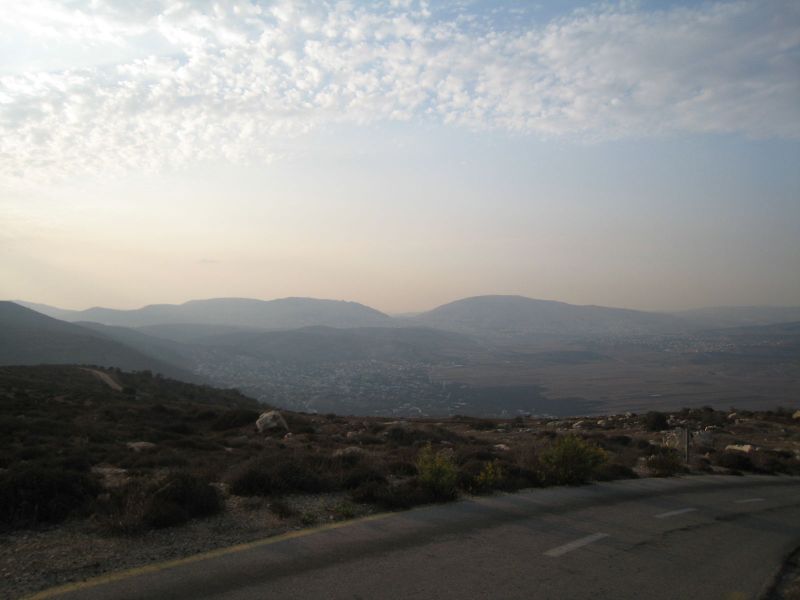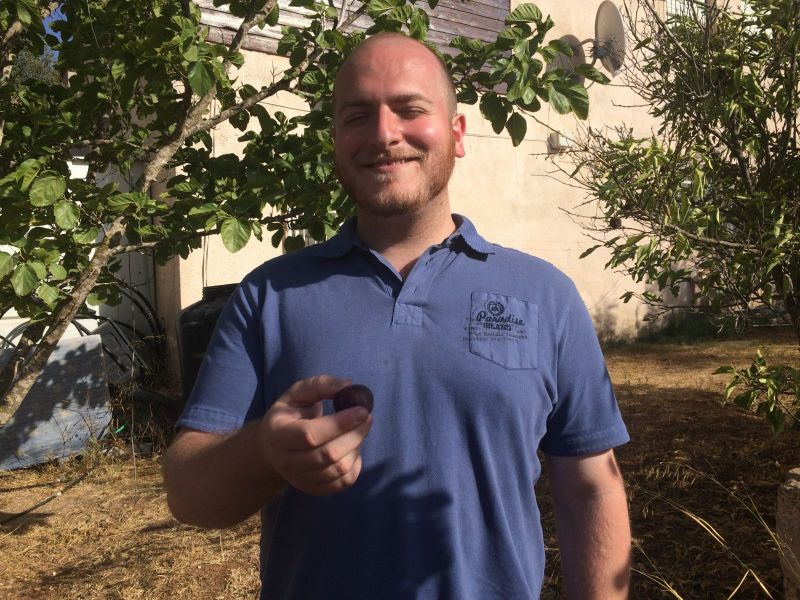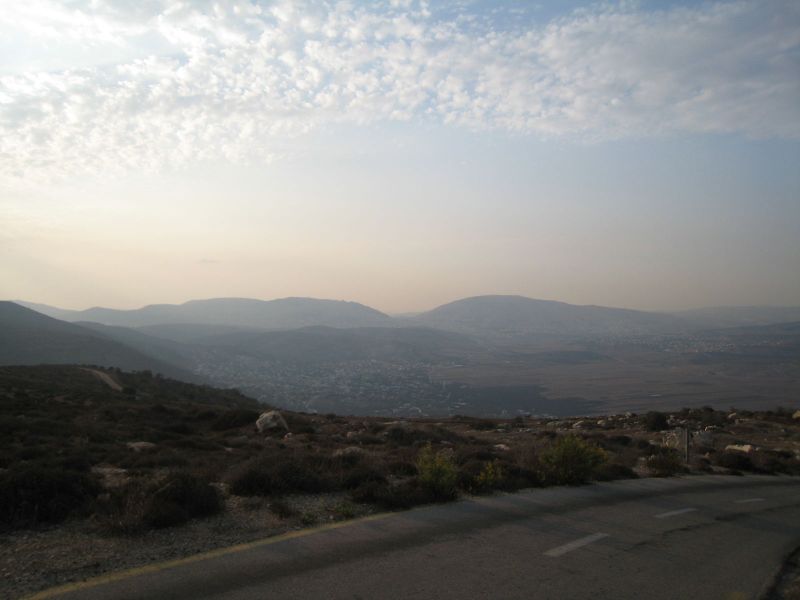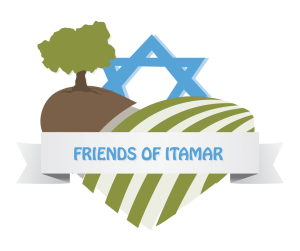Parashat Shoftim Essay – “Return our Judges of Old”
This week’s Torah portion Shoftim opens up with the law of appointing Judges starting from chapter 16:18 through chapter 17:13. It then begins to discuss the laws of kings fr
0 Comments
Parashat Re’eh Experiencing the World to Come Today
The famous Rabbi Yehudah Halevi (1075-1141) in his magnum opus the Kuzari discusses the difference between Judaism and other religions. He asks – “why doesn’t the Torah s
Parshat Ki Tavo
Parshat Ki Tavo “V’haya Ki Tavo el Ha’aretz” – “When you come into the Land”. (Dvarim 26:1) Being that this parsha falls on the
Parshat Shoftim – Leah Goldsmith
“Parshat Shoftim” “When you shall besiege a city for a long time in making war against it to take it, you shall not destroy its trees by forcing an axe aga




